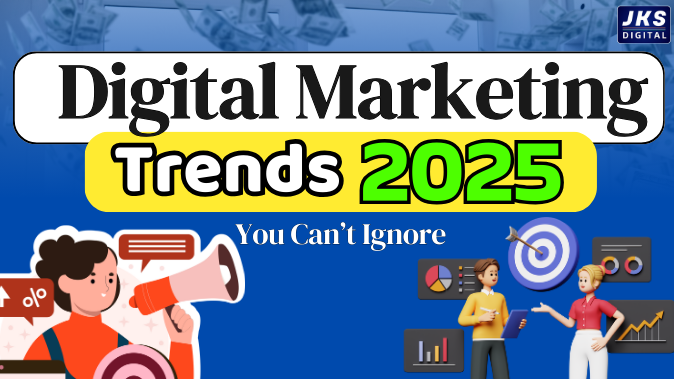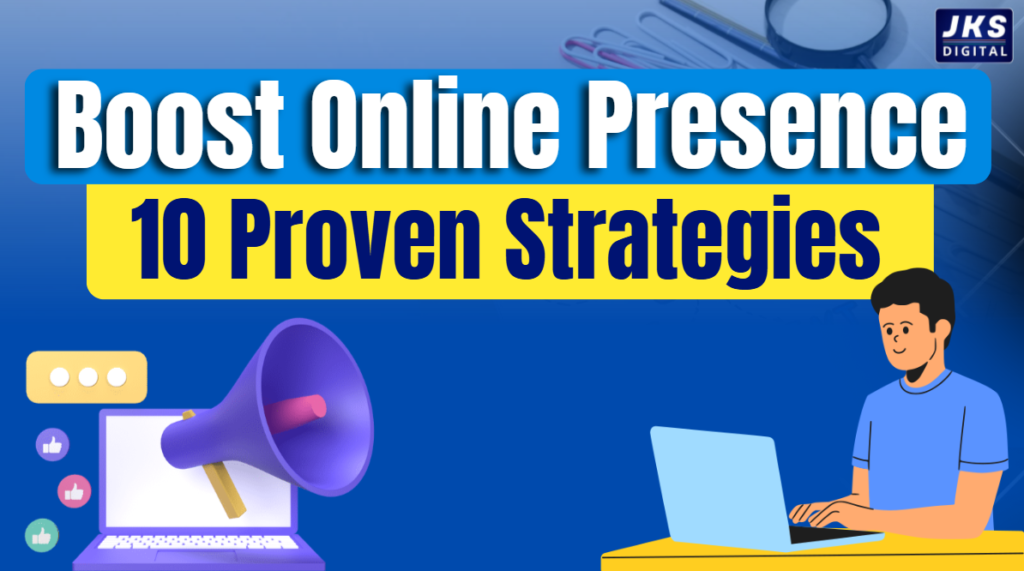The Importance of Analytics in Digital Marketing:- Analytics in digital marketing refers to the collection, measurement, and analysis of data generated from marketing activities to understand their performance and improve strategies.

It plays a crucial role in helping businesses optimize their campaigns, increase return on investment (ROI), and make data-driven decisions. Here are key components of analytics in digital marketing:
1. Understanding Your Audience
- Know Who You’re Targeting
Analytics provides valuable insights into the demographics, interests, and behaviors of your audience. By understanding who engages with your brand, you can tailor your messaging and offers to resonate better with them. This ensures that your marketing efforts reach the right people. - Segment Your Market
With detailed analytics, you can segment your audience into specific groups based on preferences and behaviors. This segmentation allows for more personalized marketing strategies, increasing the chances of conversion. For example, you might create different campaigns for various age groups or interests, making your messaging more relevant.
Read also – Harnessing the Power of Social Media Marketing: Tips for Success
2. Measuring Campaign Performance
- Track Key Performance Indicators (KPIs)
Analytics helps you monitor essential KPIs such as conversion rates, click-through rates, and return on investment (ROI). By tracking these metrics, you can assess how well your campaigns are performing and make informed decisions about where to allocate resources.

- A/B Testing
Utilizing analytics enables you to conduct A/B testing, where you compare different versions of your campaigns to determine which performs better. This data-driven approach can lead to improved results, as you can identify effective elements and optimize your marketing efforts accordingly.
3. Optimizing Marketing Strategies
- Real-Time Adjustments
One of the biggest advantages of digital marketing analytics is the ability to make real-time adjustments. If a campaign isn’t performing as expected, you can quickly tweak your strategy based on the data available, enhancing results and maximizing your marketing impact. - Predictive Analytics
Leveraging predictive analytics allows you to anticipate future trends and customer behaviors. By understanding potential outcomes, you can strategize effectively, adapting your marketing efforts to stay ahead of competitors and meet evolving consumer demands.
Read Also – SEO Basics: A Beginner’s Guide to Boosting Your Website Traffic
4. Enhancing Customer Experience
- Personalization
The data collected from analytics enables you to create personalized experiences for your customers. Tailored recommendations and targeted messaging not only enhance user satisfaction but also build loyalty. Personalization shows customers that you understand their preferences, making them more likely to engage with your brand.

- Customer Feedback
Analytics also provides insights into customer feedback and sentiment. By monitoring reviews, surveys, and social media interactions, you can gain a deeper understanding of customer needs and address any concerns promptly, fostering a positive relationship with your audience.
5. Boosting ROI
- Cost-Effective Marketing
Data-driven marketing strategies lead to better resource allocation. By understanding which channels and tactics yield the best results, you can focus your budget on high-performing areas, maximizing your return on investment and minimizing wasted resources. - Long-Term Growth
Investing in analytics not only boosts immediate performance but also contributes to long-term growth. Continuous data analysis helps you adapt to changes in the market, ensuring your strategies remain relevant and effective over time.
Read Also – How to Create a Winning Content Marketing Strategy
Conclusion
In the ever-evolving world of digital marketing, analytics is no longer optional; it’s a necessity. By embracing data-driven strategies, you can gain deeper insights into your audience, measure the success of your campaigns, and optimize your marketing efforts for better results. Don’t underestimate the power of analytics—make it an integral part of your digital marketing strategy, and watch your business thrive!d






